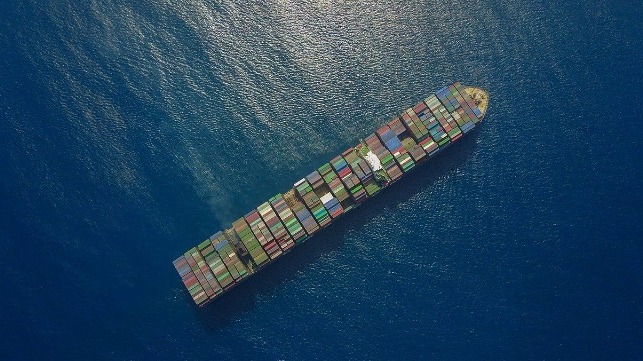Schedule Reliability at Low Level with No Improvement Forecast

Schedule reliability in the container shipping industry has fallen dramatically in 2021 in part due to the strong volumes, backlogs at the container terminals, stress on the supply chain, and port congestion. Despite the efforts of the carriers and ports, many believe that performance and the issues confronting the container shipping sector are unlikely to improve for months or even years.
Sea-Intelligence published its most recent update of the Global Liner Performance report showing that schedule reliability on the major container routes has stabilized at a low level. Analyzing schedule reliability across 34 different trades lanes and 60-plus carriers, Sea-Intelligence says overall reliability has been “hovering around the 40 percent mark since March 2021. In June 2021, schedule reliability improved marginally by 0.8 percentage points.”
Despite continued port congestion, it has not gotten any worse, according to Alan Murphy, CEO, Sea-Intelligence. However, reliability is down more than 38 percentage points according to Sea-Intelligence from nearly 80 percent a year ago. Further, the average delay for late vessel arrivals increased by nearly a third of a day in June 2021 to an average of 6.41 days. “The level of delays in 2021 have been the highest across each month compared to previous years,” said Murphy.
Many organizations have been looking at the issues of schedule reliability as well as the delays, port congestion, and other factors surrounding the surge in container traffic in the past year. In response to concerns expressed by its members, the British International Freight Association, the trade group that represents UK freight forwarding and logistics companies, is one of the organizations that has been monitoring conditions in the global container market.
BIFA foresees rates remaining at extraordinarily high levels, possibly increasing with capacity remaining extremely tight with the ongoing service delays and container shortages. In a report to members, they warn members to expect more surcharges to be imposed by the lines, in part to cover higher charter rates, as well as additional port fees, quay rent, and demurrage.

that matters most
Get the latest maritime news delivered to your inbox daily.
Looking at the factors impacting the market today, BIFA predicts little prospect of additional allocations and expects the shortage of landside transport will remain, while carriers will not accommodate low yield freight. BIFA adds that there are likely to be ongoing short-term changes to schedules and routings, accompanied by service speed reductions and blank sailings.
“The fundamentals that underpin demand and supply within the container shipping market show no signs of significant changes, which leads us to conclude that there is little chance of there being any improvement in the current situation for many months, or possibly even years,” says Robert Keen, BIFA Director General.
